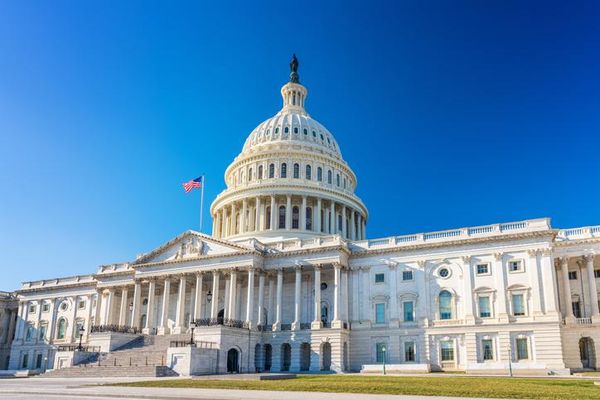The U.S. Supreme Court is scheduled to examine the constitutionality of the Affordable Care Act (ACA) on March 26-28 and is likely to announce its ruling in June. The two biggest issues facing the court are whether Congress overstepped its legal authority in passing the "individual mandate" and whether the federal government can order a major expansion of Medicaid, a joint state and federal program that provides health insurance to the poor.
When fully enacted, the ACA would be the largest expansion of health care coverage since Medicare was established in 1965. The health reform act, which was approved by Congress and signed by the president in 2010, will offer coverage to approximately 32 million of the 50 million uninsured Americans.
Numerous lawsuits have been filed against the ACA by states, businesses and individuals. Most lawsuits have challenged the "individual mandate" portion of the health care reform act that requires most citizens and legal residents with income above the threshold for filing federal income taxes to purchase health insurance or pay a penalty, beginning in 2014. When fully implemented in 2016, the individual mandate is expected to add insurance for 16 million people who are now uninsured.
The Supreme Court has agreed to review the case brought by 26 states and the National Federation of Independent Business. In that case, Florida v. HHS, a U.S. Court of Appeals judge ruled that the individual mandate was unconstitutional but that the other ACA provisions could stand and that the Medicaid expansion was constitutional. In reviewing the case, the Supreme Court will address four questions:
- The court will determine whether legal challenges to the ACA must wait until after 2014, when the individual mandate takes effect. If the court determines that the individual mandate's financial penalty is a tax, then it may rule that it is required to wait until after the tax is assessed before ruling on its legality. In that case, it may conclude that it should not decide on any of the substantive challenges to the ACA.
- If the court decides it can review the ACA now, it will then consider whether Congress has the authority to require most U.S. citizens to buy health insurance or pay a penalty. The government argues that it can require insurance purchases under the Constitution's Commerce Clause, which the Supreme Court has interpreted as giving Congress broad powers to regulate activities that substantially affect interstate commerce. Challengers argue that the mandate is unprecedented and intrudes on individual liberty.
- If the Supreme Court rules the mandate unconstitutional, it will then decide whether the rest of the ACA must be overturned. Some argue that the whole law must be thrown out if the court invalidates the mandate because removing the mandate would undermine the financial underpinnings of the ACA. It is the requirement that everyone be insured—the healthy as well as those with high health risks—that provides a viable pool of insurance money. The government argues that the law could remain without the mandate if the portions were changed that require insurers to cover people with preexisting conditions and not charge them higher premiums.
The court also will consider whether the act's Medicaid expansion is constitutional. The key question is whether the federal government has the authority to require states to comply with the ACA's Medicaid expansion provisions to remain eligible for federal Medicaid funds.
The Supreme Court, which normally allots one hour for oral arguments, has scheduled six hours for hearing oral arguments, the most in more than 45 years, signifying the importance of the case. However the court rules, it is likely to have a huge impact on health care. If it strikes down the entire ACA, the federal role in regulating health care will likely be reduced. If the court upholds the ACA, as many as 32 million uninsured people may get health insurance. This would lead to many more changes in the current health care system, some already addressed by the ACA and others still to be worked out.
To find out more, you may want to read:
Insurance Regulation Changes That May Affect You
A Perspective on Women and Health Care
Preventive Services Covered Under the Affordable Care Act
Health Care Reform: Where to Learn More
Ask the Expert: How does the new health care reform act affect older women?
Ask the Expert: How do the new health reform laws affect low-income women?







